PRP?
New concept of Cell Reproduction using Autologous blood
PRP (Platelet-Rich Plasma) is a platelet-rich plasma,
It is a New concept Cell Reproduction using. Autologous blood.
Platelets contain a variety of growth factors, which are used in
fundamental wound healing and cell regeneration.
They are widely used in the medical field where dermatology,
orthopedics, hair loss treatment, ophthalmology and dentistry are
required


Platelet Derived Growth Factor
Regulation of cell growth and
differentiation, Angiogenesis
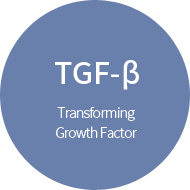
Transforming Growth Factor
Epithelial cells and vascular endothelial cells Tissue formation and growth, Promoting wound healing
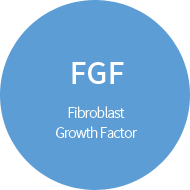
Fibroblast Growth Factor
Tissue regeneration, cell growth, Collagen and hyaluronic acid production
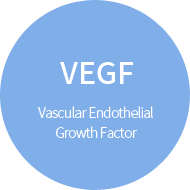
Vascular Endothelial Growth Factor
Production and growth of vascular endothelial cells

Ephitelial Growth Factor
Promoting epidermal cell growth, Blood vessel formation, wound healing
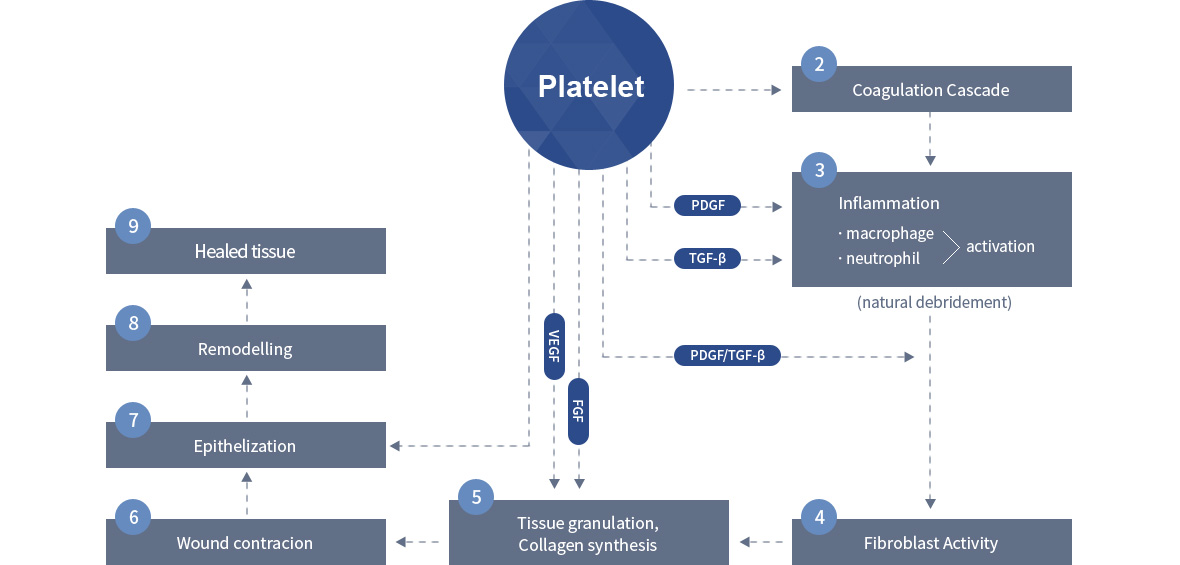
01 Essential Treatments

PRP can be used to restore damaged tissue using autologous blood.
It is the most fundamental cure.


02 Simple procedure

The procedures are simple and complete within 20 to 30 minutes,
It is possible to return to daily life
.
03 Non-immune

Because PRP is a procedure using autologous blood,
There is no risk of side effects such as infection.

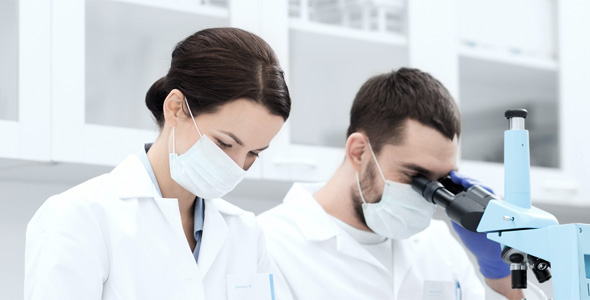
04 Various applications

PRP combines with various existing treatments to create synergy Create patient satisfaction .
Reference
01. Marx RE. Platelet-Rich Plasma (PRP): What is PRP and What Is Not PRP? DDS, 2001.
02. Marx RE. Platelet-Rich Plasma: Evidence to Support Its Use. J Oral Maxillofac Surg 62:489-496, 2004





